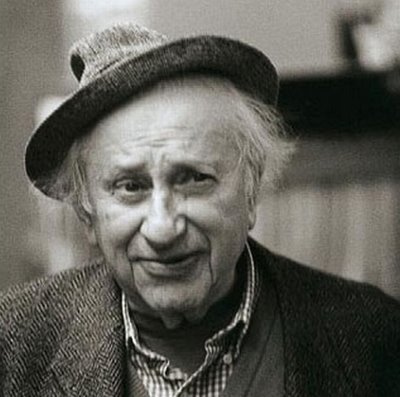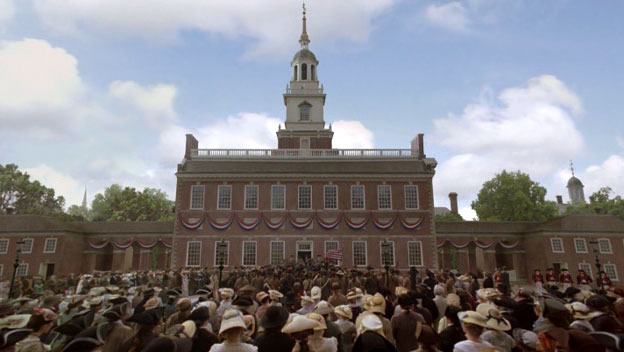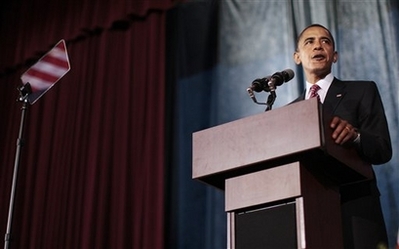“On an island under military occupation at the edge of an empire, the armed forces of a global superpower detain hundreds and sometimes even thousands of allegedly unlawful combatants. The powerful nation consigns the detainees to a legal limbo, subjecting them to treatment that critics around the world decry as inhumane, unenlightened, and ultimately self-defeating. That may sound like a history of Guantanamo. Yet the year was 1776, the superpower was Great Britain, and the setting was New York City. The ‘unlawful’ combatants were American revolutionaries.”
in a mixed review of Edwin Burrows’ Forgotten Patriots, friend and Columbia prof John Witt notes “eerie” parallels between Guantanamo Bay and revolutionary-era Manhattan, and offers choice advice for President-elect Obama. “To succeed, he will have to reunite the twin American traditions of interest and idealism. They are traditions his predecessor tore apart, but they are the true legacy of the Revolution.“





